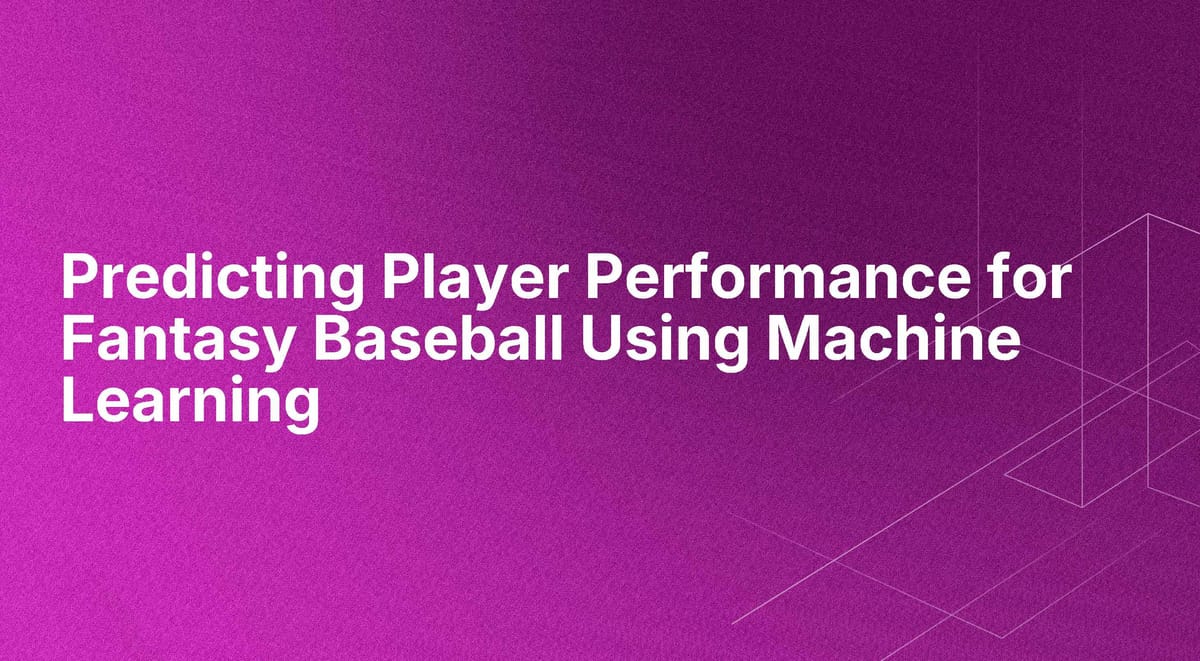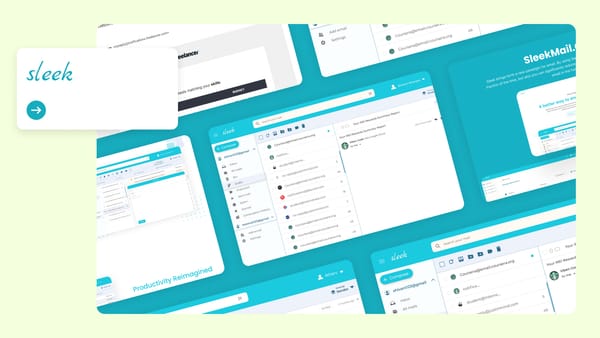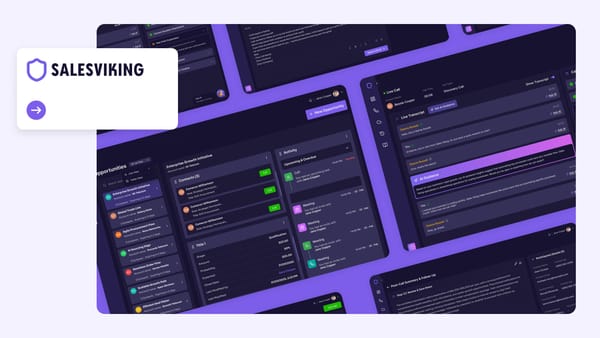Predicting Player Performance for Fantasy Baseball Using Machine Learning

Bringing Precision to Fantasy Baseball with Data-Driven Player Evaluation
Overview
Fantasy sports, especially fantasy baseball, are a booming segment of the entertainment industry, attracting millions of participants globally. These games provide a unique blend of sports fandom, statistical analysis, and competitive gaming. Baseball, known for its extensive and detailed statistical records, offers fertile ground for leveraging data analytics and machine learning to make informed decisions about player performance.
Problem Statement
Fantasy baseball participants often fall into the trap of selecting players based on recent performance or personal biases, leading to suboptimal team compositions. This can result in overpaying for players who have had a fluke season or undervaluing consistent performers coming off a bad year. The challenge is predicting a player's true talent and future performance accurately, to make data-driven, strategic drafting decisions.
Solution Overview
To address this challenge, we propose a machine learning-based solution to predict a player's performance in the next season based on historical data. By leveraging the rich statistical history available for each player, a machine learning model can be trained to discern patterns and trends that are not immediately obvious to the human eye. This model can take into account various performance metrics, historical trends, and other relevant features to generate a nuanced prediction of future performance. From a technical perspective, implementing this solution involves data collection, data preprocessing, model selection, training, and validation. Historical player performance data is gathered and cleaned to ensure quality. Various machine learning algorithms can be explored, such as regression models, decision trees, and ensemble methods, to identify the best fit for predicting future performance. Post-training, the model's predictions would be validated against a separate dataset to evaluate its accuracy and reliability. From a business standpoint, this solution empowers fantasy baseball participants to make informed, data-driven decisions when drafting players. By providing a more accurate estimation of future performance, users can avoid overpaying for one-hit wonders and instead focus on assembling a team of consistently high performers. Moreover, this predictive approach can be monetized by offering it as a subscription service or as part of a premium fantasy baseball toolkit, creating a new revenue stream in the fantasy sports industry.





